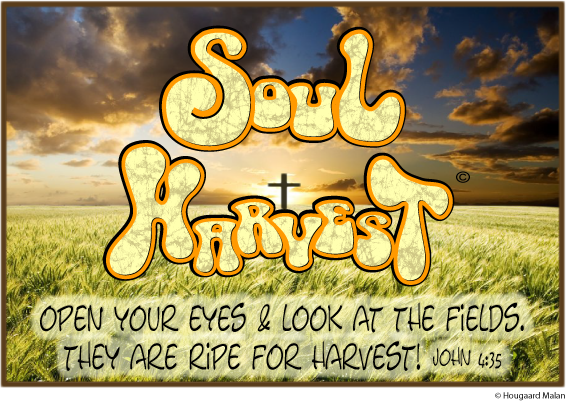Episode 3 - A Symbol of Forgivenesswith Sheila Walsh
Watch Episode 3 Now. CLICK HERE.
On a Sunday morning in 2009, Pastor Fred Winters was brutally gunned down as he delivered a sermon in front of his church congregation. The story made national headlines not only for the story itself, but also for his wife Cindy's forgiveness of the man who pulled the trigger.
Sheila Walsh taped a webisode series with Cindy Winters and Emmy winning Life Focus Productions titled “A Symbol of Forgiveness” where the two of them talk through Cindy’s remarkable story. Part three of the four-part series is now available. The final episode will be posted May 24.
Watch Episode 3 Now. CLICK HERE.
Grace – For When I Have Failed
My grace is sufficient for you, for my power is made perfect in weakness.
- 2 Corinthians 12:9
It is hard to believe that God loves each of us equally, without measure or merit, and that His grace shelters us regardless of what we do or leave undone. I think it’s so hard because there is no other relationship on earth like that. Every other relationship we have is affected, to some extent, by how we behave and what we say.
In a friendship, if we abuse that relationship in any way, there are consequences. We become more distant and formal. At times, if our behavior is inappropriate enough, it will cost us that friend. For the child who yells, screams, or refuses to listen to a parent, there’s a cause and effect. In marriage, a couple stands before God, family, and friends to vow love to one another until death parts them. Yet about half of all marriages end in divorce because of our behavior and choices.Every earthly relationship proves to us that love and acceptance is conditional, and we can mess it up at a moment’s notice.
That’s why being loved forever based on nothing but someone else’s ability to love unconditionally is hard to hold on to. Doesn’t each of us struggle to believe in such love, such grace? Don’t we each find that earthly love fails us, both intentionally and, as in death or tragic separations, unintentionally?
In the New Testament, a fresh wave of grace bursts upon us. In the Greek, the word for “grace” is translated charis, from which we get the word charity, also meaning “love,” “goodwill,” and “loving-kindness.” To participate in this grace, this unmerited favor, the only requirement is a relationship with Jesus Christ:
Consequently, just as the result of one trespass was condemnation for all men, so also the result of one act of righteousness was justification that brings life for all men. For just as through the disobedience of the one man the many were made sinners, so also through the obedience of the one man the many will be made righteous. The law was added so that the trespass might increase. But where sin increased, grace increased all the more. (Romans 5:18–20)
Paul emphasizes this in talking to the Romans. The grace of God, he says, is free but never to be seen as a license to sin: “What shall we say, then? Shall we go on sinning so that grace may increase? By no means! We died to sin; how can we live in it any longer?” (Romans 6:1–2). So, on one hand, we have this gift that we can never earn or pay back; and on the other, we are called into relationship, where the closer we get to God’s heart, the more like Him we become and the less we want to sin.
It sounds complicated, doesn’t it? Yet one thing is crystal clear: God is always the initiator of this love and mercy—of the kind of strength that fills in our weaknesses, the kind of perfection that covers our flaws, and the kind of shelter that says, “I’m going to keep you and love you through all your failings.” God is the one who pursues us, who woos us to this place of grace, to the shelter of His promises.
1. Do you, deep down, believe that God loves all of us equally; or do you think He actually likes people more when they have dedicated their lives to service and sacrifice?
2. How have you experienced God’s “unprecedented, outrageous, overwhelming” love?
This Bible study is an excerpt from chapter 1 of The Shelter of God’s Promisesby Sheila Walsh.

